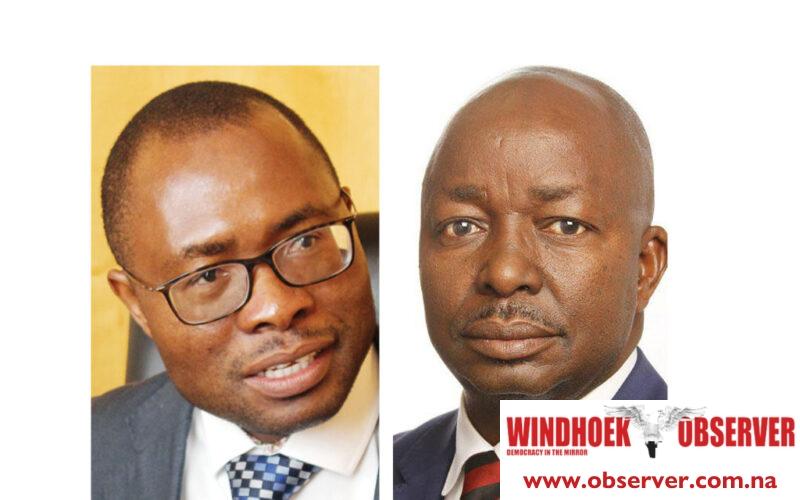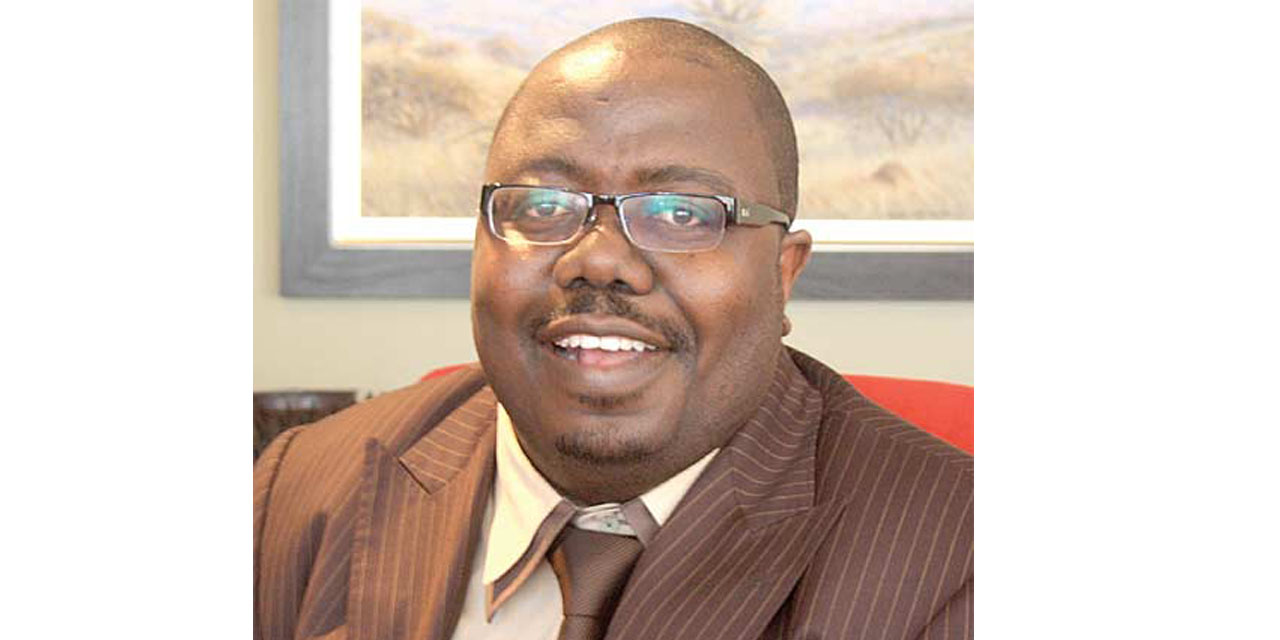Martin Endjala
Former Member of Parliament and Rally for Democracy and Progress (RDP) President, Mike Kavekotora, has raised concerns that the mid-term budget, expected to be presented in Parliament by Finance Minister Iipumbu Shiimi next week, is being used as a political tool by the Swapo party for the upcoming elections.
Kavekotora voiced his opinions during an interview with the Windhoek Observer in response to Minister Shiimi’s announcement in Parliament this week regarding the mid-term budget presentation.
However, Kavekotora expressed dissatisfaction with the announcement, describing it as “lip service.”
He argued that instead of focusing on the pressing needs of the people, the budget is being utilized as a campaign strategy by the ruling Swapo party for the Presidential and National Assembly elections next year.
“As the election draws nearer, I suspect that Shiimi will yield to political pressure and allocate resources not to address societal needs but to pay lip service to voters in order for Swapo to secure victory. Shiimi will always align with Swapo’s agenda and use the budget as a means to further their political goals,” Kavekotora said.
Kavekotora anticipated that Shiimi might redistribute funds from certain ministries to others with higher priorities.
However, he contended that most priorities have consistently failed to meet the basic needs of ordinary Namibians.
He called upon Minister Shiimi to address poverty, unemployment among youth, and the challenges faced by graduates seeking employment.
Kavekotora advocated for the allocation of resources to assist farmers in coping with the ongoing drought situation and to mitigate the rising cost of living, particularly for vulnerable Namibians.
Additionally, he urged the minister to stop allocating funds to corrupt state-owned enterprises that fail to account for the resources provided to them.
Kavekotora emphasized the need for Swapo to shift its approach from addressing poverty solely through social grants and instead focus on restructuring the economy to create sustainable job opportunities, reduce public debt, and ensure that the national budget aligns with the country’s affordability levels.
He also urged the government to move away from using Gross Domestic Product (GDP) as the primary measurement and instead consider the National Product as a more realistic indicator.
Independent bank researcher and economist, Josef Sheehama commented on the significance of the mid-term budget review in shaping the fiscal framework for the next main budget.He stressed the importance of prudent fiscal and monetary policies, a well-functioning financial system, and adherence to the rule of law in achieving economic growth and addressing socio-economic challenges.
Sheehama acknowledged that Namibia’s economy is recovering after a period of weak macroeconomic fundamentals but called for a budget that prioritizes the well-being of Namibians, economic resilience, and socio-economic reforms.
He highlighted the need for addressing unemployment, healthcare, social inclusion, agricultural transformation, education, energy, and support for small and medium-sized enterprises to tackle the social issues stemming from the recent crisis.




